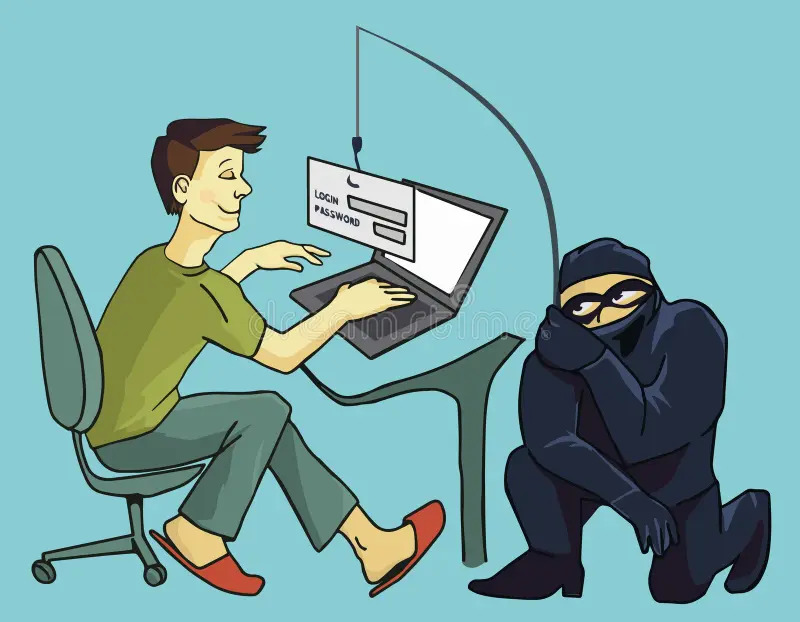One of the most common scams in the online world is the remote access scam. And that’s the thing that you need to be prepared for. These remote access scams are getting out of hand and many people end up getting scammed all the time. You really need to find a way to tackle those remote access scams, and doing that can prove to be a game changer. But how can you stay away from these scams? Let’s learn more about them and how to stay safe from such scams!
What is a remote access scam?
Most of the time, remote access scams involve a scammer that will pretend to call you from a telecom company, internet services or a service that you’re using. What they do is they try to convince you there’s a technical issue with your device. And obviously, they say that it needs fixing and they will help you fix that.
What happens is they will make you buy fake software that supposedly “fixes” the problem, and when you buy that, you will be sharing your credit card details. They might also ask remote access to your computer via various remote tools like TeamViewer for example. It’s all designed to steal your passwords, details and payment info you have. And obviously, that stolen data is either used by them to buy various items and redeem them or they will sell it all to the highest bidder.
Never allow remote access to your device
Go through your device and see what remote access features are enabled, disable them right away. That’s valid for your computer, mobile phone, any digital device. No one should have remote access to your devices unless you want to enable it. Otherwise, they could access your device remotely without you even knowing. That’s horrific, and obviously that you want to avoid as much as you can here.
Don’t share any payment info or personal details via phone
That’s important, and unfortunately a lot of very young or older people tend to fall for this scam. Most of the time, people that ask all this info via your phone tend to be scammers. A company always focuses on protecting client data. They will never ask for your info directly via phone, most of the time you have to go to their offices if something is problematic. If you’re asked for personal info like this, think twice before you share any data.
If someone has remote access to your computer, track what they are doing
Most remote access software will usually provide you with a window where you see what the other person does remotely. So you can see exactly what they are doing and if you see something sketchy, shut down the connection. Although in general, you only want to offer remote access to someone you know. A random person calling you saying they are from a company isn’t really someone you want to trust. That’s why you really need to be careful when it comes to who you share your data with, if any. Ideally, you don’t want to share that info with anyone.
Keep any remote access software disabled
Why is that? If it’s disabled, it will not be active and scammers will not have access to your account. So obviously, unless you trust someone to have remote access to your devices, it’s a good idea to keep all that software disabled. You get to stay safe, prevent any issues, and it will only lead to a great experience in the end.
In general, not having any remote access tools installed is the best idea. You may want to install and then uninstall that type of software only when necessary. Otherwise, you will have an inherent risk of losing your data and information. It’s better to just prevent that by not installing that type of software.
Perform antivirus/anti-malware checks often
Checking your computer for malware is a great idea, and doing that often will prevent any malicious actors, too. The main focus is to stay safe and ensure that your data never gets into the wrong hands. We highly recommend focusing on protecting your data and checking for malware whenever you can. It will be a much better experience and rest assured, it will be totally worth it.
What should you do if you’re dealing with a remote access scam?
If you think you’re getting scammed, the first thing you want to do is to close that remote access connection. You also want to alert your bank and stop any transactions from your account. Changing any of the compromised passwords is extremely important, and make sure that you perform an anti-malware scan, just to ensure everything is safe. Contacting an IT expert from a local company you trust can also help. Preventing is always key, so try to use the aforementioned tips and avoid using remote access software unless you need it. Even then, only offer access to people you trust!





Recent Comments